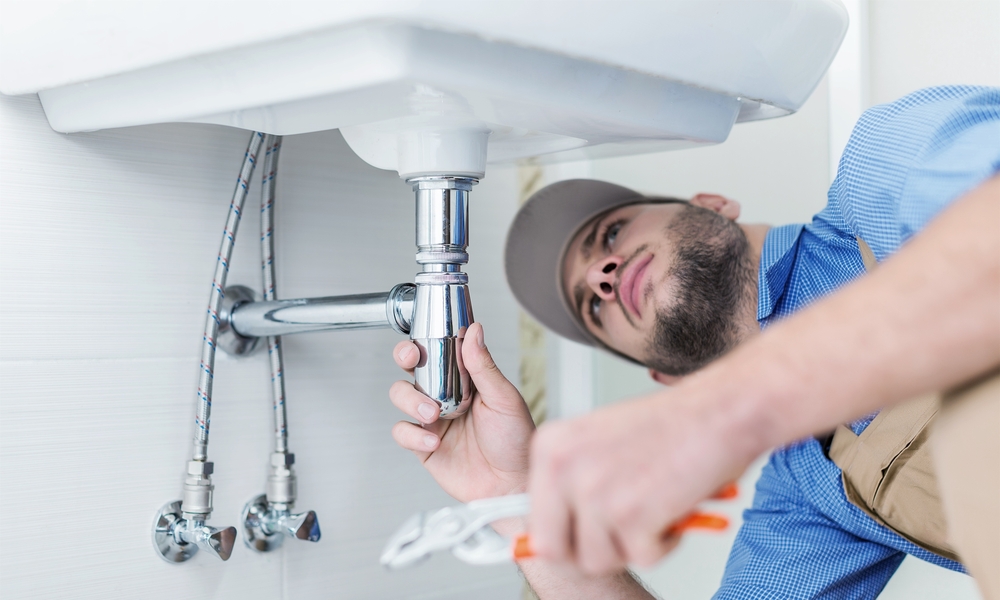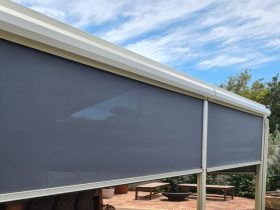Winter months are the worst time for burst pipes and water damage. Frozen pipes damage plumbing systems. Winterize your plumbing to avoid expensive repairs and headaches.
Why pipes freeze?
Water supply pipes and drains are most vulnerable to freezing in attics, crawl spaces, basements, garages, and exposed exterior walls. When temperatures dip below freezing, any water remaining in pipes turns to ice and expands, leading to ruptures. Prolonged freezing causes metal pipes to crack and plastic pipes to burst at the seams. Even a pinhole breach leaks hundreds of gallons of water and causes mold and rot as it soaks into walls and ceilings.
Best defense is prevention
Insulating exposed water lines provides the first line of defense. Sealing off any external air gaps prevents cold air infiltration. Keeping pipes warm requires adequate heat indoors. Allowing faucets to drip steadily during cold weather keeps water moving within pipes and avoids freezing.
Insulate water pipes
Uninsulated pipes with cold air exposure allow water to chill and succumb to freezing. Insulate exposed pipes to keep them from freezing. Foam, rubber, or fiberglass tubing insulation slipped over pipes provides excellent protection. Seal the ends with insulation caps. For severely cold climates, opt for heat tape or heating cables wrapped around pipes. Insulation reduces freezing risk by up to 55%, according to plumber Vaucluse. Any external openings that allow cold outside air to reach pipes should be closed. Look for gaps around pipe penetrations through walls, floors, or ceilings into unheated areas and seal them with caulk or expandable foam. Weatherstrip around basement foundation windows and doors near water pipes. Eliminating drafts helps keep frigid air away from plumbing.
Maintain adequate heat
Keeping your thermostat set to at least 55°F is fundamental to avoiding frozen pipes during winter. Areas like basements, garages, and crawl spaces often lack heat sources. Protect pipes in these zones by installing space heaters and leaving cabinet doors open to allow warm air to circulate plumbing. Letting indoor temperatures drop too low during winter can lead to frozen pipes. If a pipe freezes and bursts, immediately locate and shut off the main water valve for your home. The water flow is stopped. Every household should identify the main shutoff valve location beforehand so it rapidly accessed in an emergency. Leaving sink, laundry, and bathroom vanity cabinet doors open allows warmer room air to circulate vulnerable pipes. Pipes in enclosed cabinets pressed against exterior walls are more inclined to freeze.
Faucet dripping
Allowing faucets to slowly drip with the cold water tap open during freezing weather keeps water moving within pipes and prevents freezing. Though this wastes some water, a drip makes pipes less likely to freeze than completely shutting water off. Shut down and drain automated sprinkler systems for winter. Open drain valves and compressors to fully empty the system. It prevents irrigation pipe and head damage. Leave drain valves open throughout the winter.










